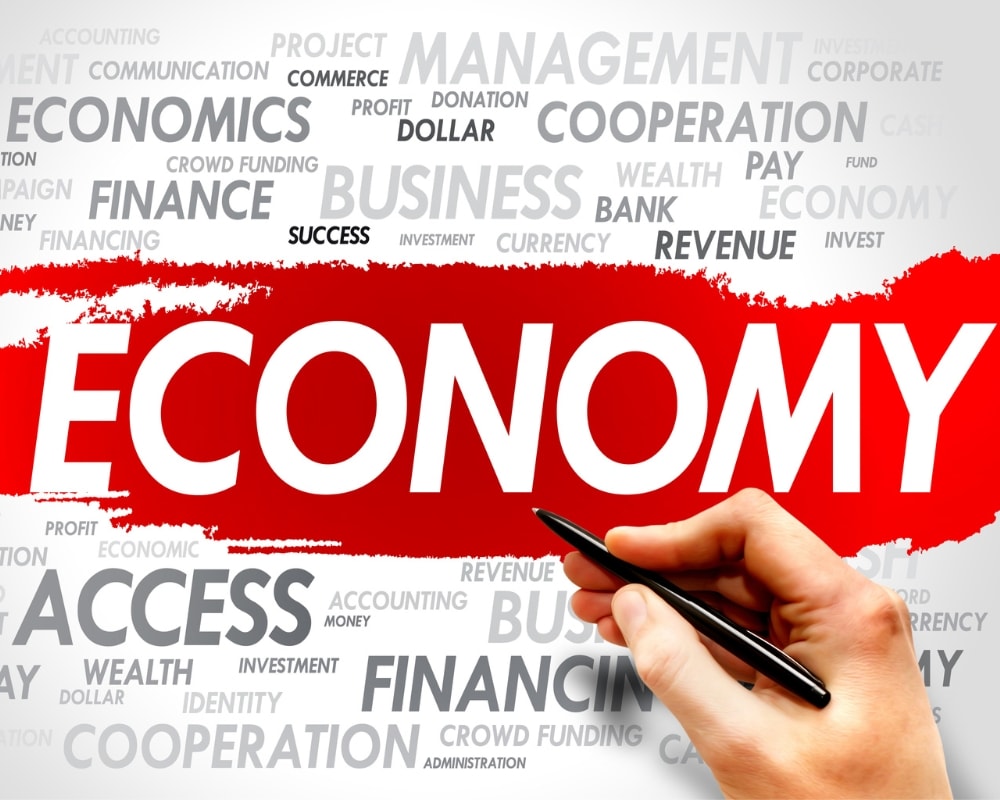By WesPointOfView
LEARN YOUR HISTORY
Haiti’s history is a testament to the resilience and courage of its people. From the first successful slave revolt that led to its independence to the complex and often turbulent politics of the modern era, Haiti has faced challenges with a spirit of resistance and a desire for sovereignty.
The Dawn of Freedom
The journey to independence was marked by the legendary Haitian Revolution against France. Beginning in 1791, enslaved Africans on the island rose against their colonizers, leading to a brutal war. Under leaders like Toussaint L’Ouverture, Jean-Jacques Dessalines, and Henri Christophe, Haiti declared independence in 1804, becoming the first black republic to free itself from the shackles of slavery. This victory was not just a local triumph but a beacon of hope for oppressed peoples everywhere.
The Price of Liberty
However, freedom came at a cost. France demanded reparations for the loss of its colony and the slaves who had been freed, imposing a crippling debt on the new nation. Haiti agreed to pay France 150 million francs, a sum that significantly hampered its economic development for generations. This debt to France, later reduced to 90 million francs, was akin to a punishment for daring to take a stand against oppression, a yoke that Haiti carried well into the 20th century.
External Interferences and Internal Struggles
The United States and other powers have also played roles in Haiti’s post-independence struggles. The U.S. military occupation from 1915 to 1934, under the guise of stabilizing the nation, saw the extraction of significant financial resources, including the transfer of $500,000 to create what would become Citigroup. This period also set a precedent for international interference in Haiti’s affairs.
Leaders such as François “Papa Doc” Duvalier and his son Jean-Claude “Baby Doc” Duvalier ruled Haiti through decades of dictatorship, marked by repression and human rights abuses. The democratic election of Jean-Bertrand Aristide in 1990 represented a glimmer of hope, but his presidency was marred by coups and controversy, reflecting the ongoing struggle for stable governance in the face of external manipulation.
The Assassination of Jovenel Moïse
The assassination of President Jovenel Moïse in July 2021 plunged Haiti into deeper turmoil. Conspiracy theories abound regarding the motives behind his murder, with some suggesting that Moïse’s attempts to challenge foreign and domestic elites’ control over Haiti’s resources led to his downfall. His death and the subsequent installation of Ariel Henry as Prime Minister have been viewed by many as yet another instance of foreign interference, with Henry labeled by some as an “international puppet.”
The Rise of Jimi "Barbecue" Cherizier
Amidst this backdrop, a new figure has emerged: Jimi “Barbecue” Cherizier. Viewed by his supporters as a revolutionary fighting for the rights of the Haitian people, Cherizier’s rise symbolizes the latest chapter in Haiti’s long history of resistance against external domination and internal corruption. However, his portrayal in the international media as a gang leader underscores the ongoing narrative battles that shape perceptions of Haiti’s struggle for sovereignty and justice.
Conclusion
Haiti’s history is rich and complex, filled with episodes of incredible bravery and grave injustices. The nation’s journey from the world’s first black republic to its current state reflects a broader struggle for autonomy, justice, and dignity. While the future remains uncertain, the enduring spirit of the Haitian people suggests that their fight for a fairer, more equitable nation continues unabated.















